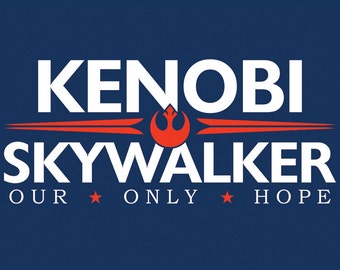The problem with this approach (and to some extent Zeuscat's below) is that it substantially benefits candidates with lots of money so they can advertise or the ability to get free media coverage. The theory is that if you have a couple of smallish states vote early, a poorly funded candidate can do enough low-cost retail campaigning to do well and then attract the money needed to compete in New York, Texas, California, and Florida. I'm not sure that really works, but that's the theory. Another issue with a huge primary day is that you may end up with some really fringe candidates in the lead when you have lots of candidates on the ballot. Imagine you had a field of 10 candidates, 5 of whom are plausible nominees and 5 have hope but not very much. Let's say the bottom 5 take 5% of the vote each, leaving 75% for the top 5, or 15% each on average. You'd only have to get around 20%-25% to make it to the top two. On the Democratic side, you might end up with a nominee that believes in disarming all police, and on the Republican side you might get someone from the David Duke wing. That's a bit of hyperbole, but both parties have some people with support that is extremely dedicated but not widespread. If you go with the top two runoff idea, then you have a better shot of getting someone reasonable, but it's still possible or even likely to get deeply flawed people. [edit] This whole subthread is about our deeply flawed candidates, so you might not see the difference. I submit that the last several elections have chosen candidates who are pretty reasonable. I might not have liked Kerry or GW Bush, but I can see that they are reasonable people for the parties to nominate. So I'm more saying that if 1/8 fails to give reasonable results, maybe the system overall works OK but this was an anomaly and we might not want to change it so that there is more risk of terrible candidates[/edit]
To change the system, you have to convince the political parties to change how they allocate votes. That's a mess, partly because everyone who's in the current apparatus got there by benefiting from the current system. If one party get absolutely annihilated at the polls, they have an incentive to change, but the other party doesn't really have much incentive.
I do like Zeuscat's suggestion, although I'd say that it should be about 5-8 regions, with the most populous states always in the last group. Texas, New York, and California will always have political influence. No need to give them more by being first.










